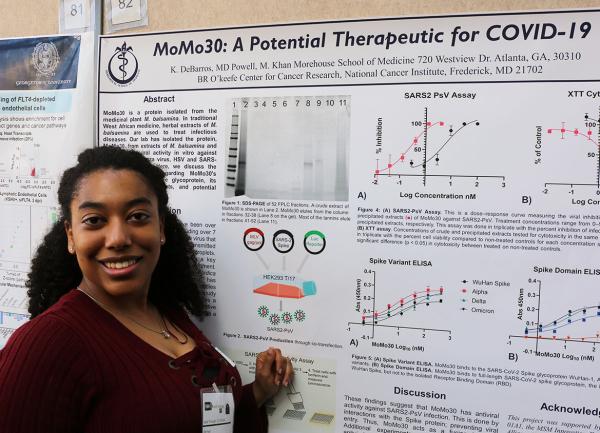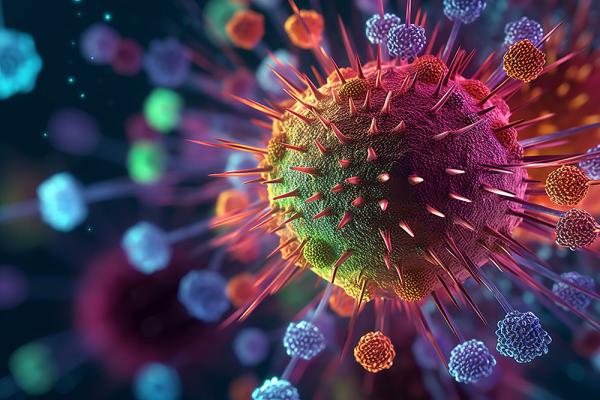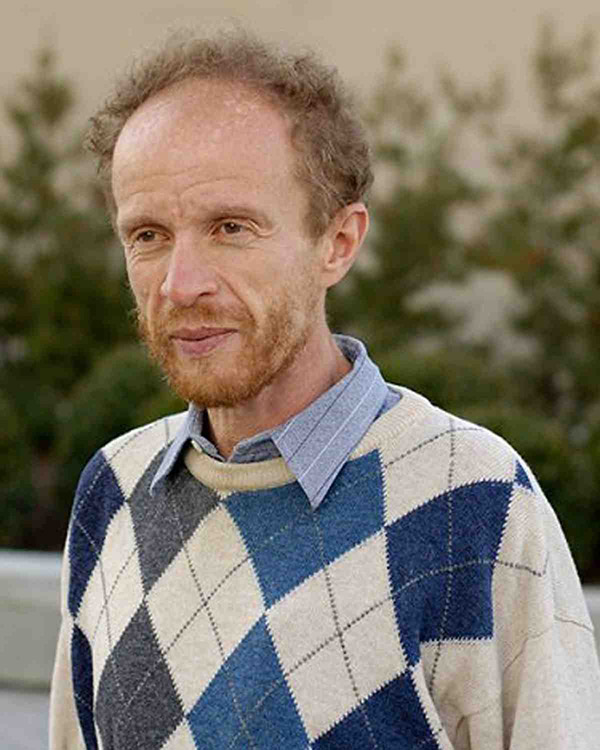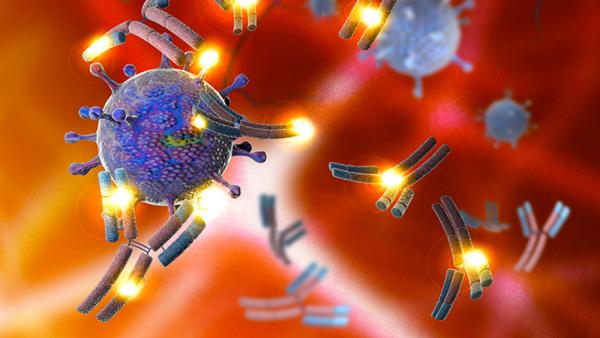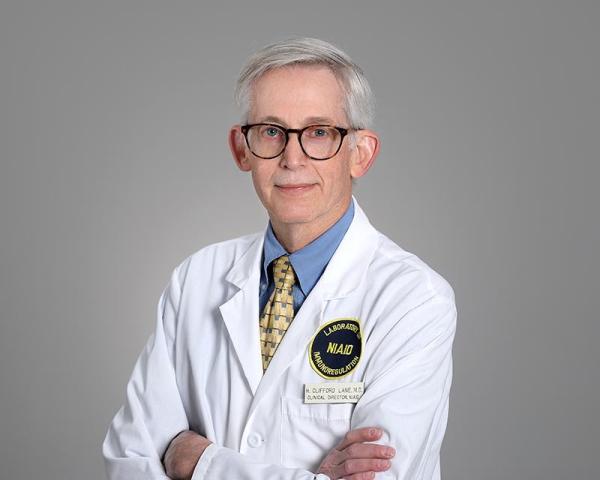Welcoming NIH’s Four Newest Lasker Scholars
IRP Program Boosts Careers of Promising Physician-Scientists
Many scientists have a seemingly single-minded focus on their research, but there are considerable benefits to having one foot in the lab and the other in the clinic. Working with patients gives researchers a daily reminder of the people they are working so hard to help and allows them to investigate the effects of promising but still experimental treatments in willing volunteers. That’s one of the main reasons why the IRP’s Lasker Clinical Research Scholars Program is designed to accelerate the careers of promising early-career physician-scientists.
This year, four NIH researchers began receiving support from the Lasker program, allowing them to dramatically expand their cutting-edge research. From investigating the roots of muscle-weakening genetic conditions to probing the mysteries of rare, hormone-producing tumors, these individuals will use the leg up provided by the Lasker Program to make new discoveries that could one day improve their patients’ lives. Read on to learn more about the exciting research the latest crop of Lasker Scholars is pursuing.



